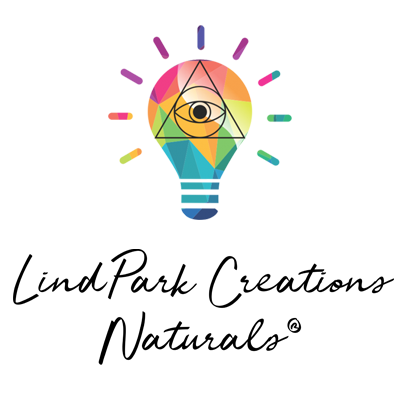Are you Not Sleeping Well? Do you have Insomnia?
Do you wake up in the morning feeling tired? This is probably because you were staring at the ceiling at 2:30 am, unable to sleep. Well let me tell you, having insomnia is not much fun!.
Affecting anyone at any age, insomnia (difficulties falling asleep or staying asleep) and/or waking unrefreshed can be some people’s reality.
Research shows that adults who get fewer than seven hours of sleep (whether for just one night or over for months) experience irritability, fatigue, and poor memory. Sleep deprivation not only has detrimental effects on your work life, relationships and wellbeing, but increases the risk of ongoing health problems.
Skin conditions such as eczema, psoriasis and shingles become worse with not enough sleep for the healing process. Sleep is also a factor in hair loss and greatly affects the immune system, which is why it is so important to get enough!
If you or someone you know is having trouble sleeping – it’s important to get some support.
What is the most effective Natural remedy for Sleep?.
Herbal Solutions for Insomnia
There are natural medicines that can help promote a restful sleep, without leaving you feeling groggy.
- Passion flower – herbal passion flower extracts are made from the aerial parts, such as leaves and flowers. These extracts are rich in flavonoids and have been traditionally used in Western herbal medicine for insomnia and nervous conditions.
- Jamaica dogwood – traditionally used in South America and the West Indies for nerve pain, anxiety and nervous tension. This herb helps you relax, while reducing any pain that may be disturbing your sleep.
- Zizyphus – with a long history of use for insomnia in traditional Chinese medicine; this herb is said to “nourish the heart and calm the spirit”. Zizyphus is widely used when insomnia is due to nervous tension or anxiety.
- Lavender – helps improve both the quality and duration of sleep, without causing unwanted sedative effects. It is a particularly beneficial herb for those kept awake by worrying thoughts.
Magnesium for Insomnia
Magnesium is valuable for many things, including supporting a healthy nervous system so you are less affected by stress; or relaxing sore, tense muscles that may be disturbing your sleep.
Magnesium levels may be low in those suffering from insomnia, so addressing this insufficiency can help improve sleep.
Sleep Tight, Don’t Let the Bed Bugs Bite
Sleep is not a luxury – it’s a necessity, so reducing or avoiding the factors that can negatively impact sleep can be the key to getting the rest you need.
Sleep enhancing tips:
- Reduce or eliminate stimulants, i.e. caffeine and sugar;
- Go to bed at the same time each night;
- Create a dark sleeping environment;
- Invest in a comfortable mattress and bedding;
- Limit alcohol consumption;
- Practice relaxation exercises, or read a book in bed;
- Reduce screen time an hour before bed, i.e. phones, computers or TV.
- In the evening, utilise an app that inverts the screen lighting to create black backgrounds with white text;
- Find a meditation app that helps you relax;
- Get regular exercise.
Hope these tips for insomnia help you get a great sleep tonight.
Sweet Dreams!
Learn More: Sleep.org
Read More: How to Address the Roots of your Allergies

